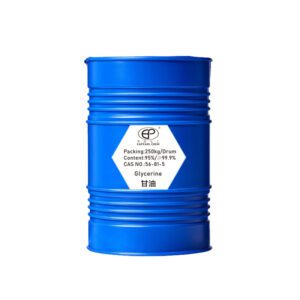The oil and gas industry, a cornerstone of the global energy supply, relies heavily on various chemicals to enhance production, ensure safety, and maintain equipment integrity.
In the oil and gas extraction industry, triethylene glycol (TEG) is primarily used for dehydration, removing water from natural gas to prevent pipeline corrosion. Ethylene glycol serves in similar capacities, especially in low-temperature environments. Methanol prevents hydrate formation in pipelines, while Xylene is essential for clearing blockages in oil pipelines and enhancing oil recovery. These chemicals are crucial for maintaining operational efficiency and safety in the extraction and processing of oil and gas.
This blog delves into how these chemicals are employed within the industry, highlighting their applications and impacts.
What roles do chemicals play in enhancing oil and gas production?
How is TEG used to dehydrate natural gas?
TEG: The Dehydration Dynamo
Triethylene glycol (TEG) is a workhorse in the oil and gas industry, primarily used for dehydration — removing water from natural gas. This is crucial because water in natural gas can form hydrates that block pipelines and corrode metal, leading to operational failures and safety hazards. By absorbing water vapor, TEG helps maintain the integrity of pipelines and ensures the safe and efficient transport of natural gas. Its regenerative and reusing ability makes TEG economically and environmentally sound for natural gas dehydration.
What makes ethylene glycol vital for operations in cold environments?
Ethylene Glycol: Battling the Cold
Ethylene glycol plays a pivotal role, especially in colder environments where the risk of fluids freezing can halt production. As an antifreeze, ethylene glycol lowers the freezing point of water, preventing ice formation in pipelines and equipment. This property is vital for continuous operation in frigid conditions, ensuring that oil and gas extraction and processing can proceed without the costly interruptions that freezing temperatures could otherwise cause.
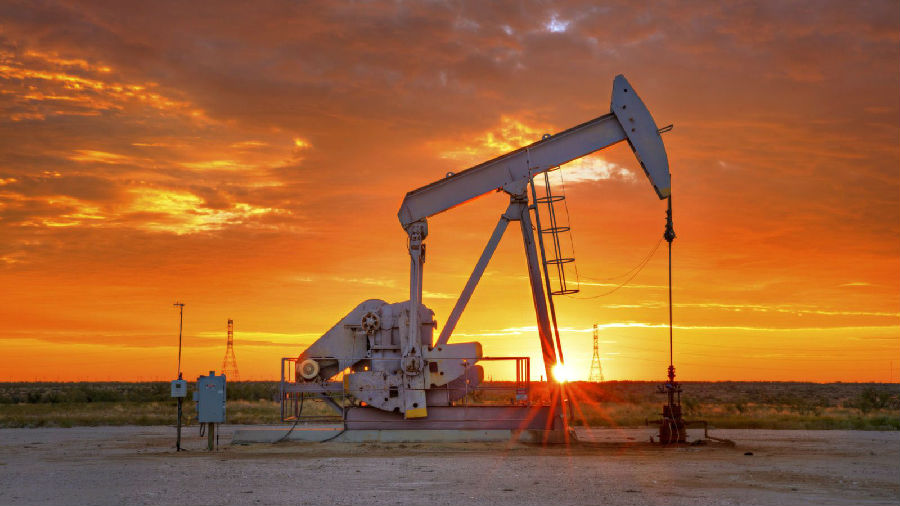

In what ways does methanol prevent hydrate formation in pipelines?
Methanol: The Hydrate Inhibitor
Methanol is utilized for its effectiveness in preventing hydrate formation within pipelines. Hydrates, crystalline structures that can form when water and natural gas mix under high pressure and low temperature, pose significant blockage and operational challenges. By lowering the freezing point of water, methanol helps prevent these hydrates from forming, ensuring that gas flows smoothly through pipelines and reducing the risk of blockages that can lead to shutdowns or accidents.
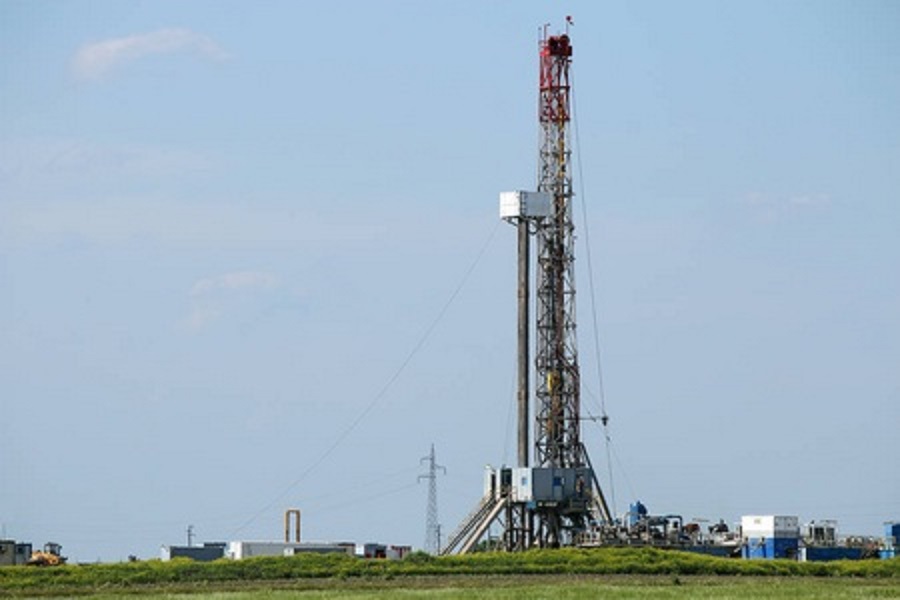

Why is Xylene crucial for clearing pipeline blockages and enhancing oil recovery?
Xylene: Clearing the Way for Oil Recovery
Xylene is indispensable for its role in clearing blockages within oil pipelines. Over time, paraffin wax and asphaltenes can accumulate in pipelines, restricting the flow of oil and reducing production efficiency. With its solvent properties, Xylene dissolves these accumulations, enhancing oil recovery rates and ensuring that pipelines remain clear for optimal operation. Its effectiveness in restoring flow makes Xylene a critical component in maintaining the productivity and profitability of oil extraction operations.
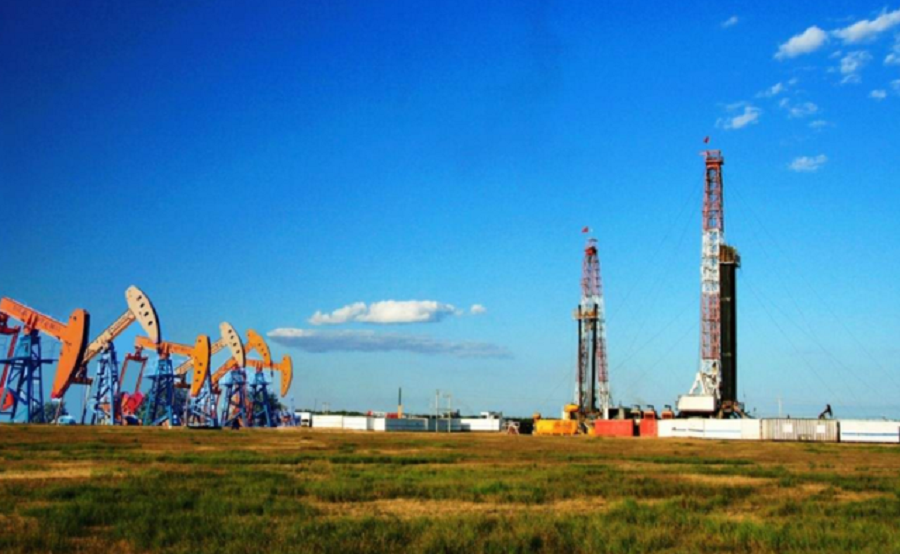

What are the environmental and safety considerations when using these chemicals in oil and gas industries?
Environmental Impacts: These chemicals can harm ecosystems if released. Ethylene glycol and methanol are toxic to aquatic life, and Xylene contributes to air pollution as a volatile organic compound (VOC). Managing their disposal and mitigating accidental spills is critical to minimize environmental harm.
Safety Concerns: The toxicity and flammability of these chemicals necessitate stringent handling and storage protocols. Ethylene glycol’s sweetness risks accidental ingestion, while Xylene’s flammability requires careful management to prevent fire hazards. Worker safety protocols are vital, including personal protective equipment (PPE) and proper training.
Mitigation Strategies: The industry is shifting towards greener alternatives and employing advanced technologies to reduce the environmental footprint and enhance safety. Bio-based chemicals, environmentally friendly formulations, and improved waste treatment processes are being developed. Additionally, innovations in monitoring systems help detect leaks and spills early, reducing potential risks.
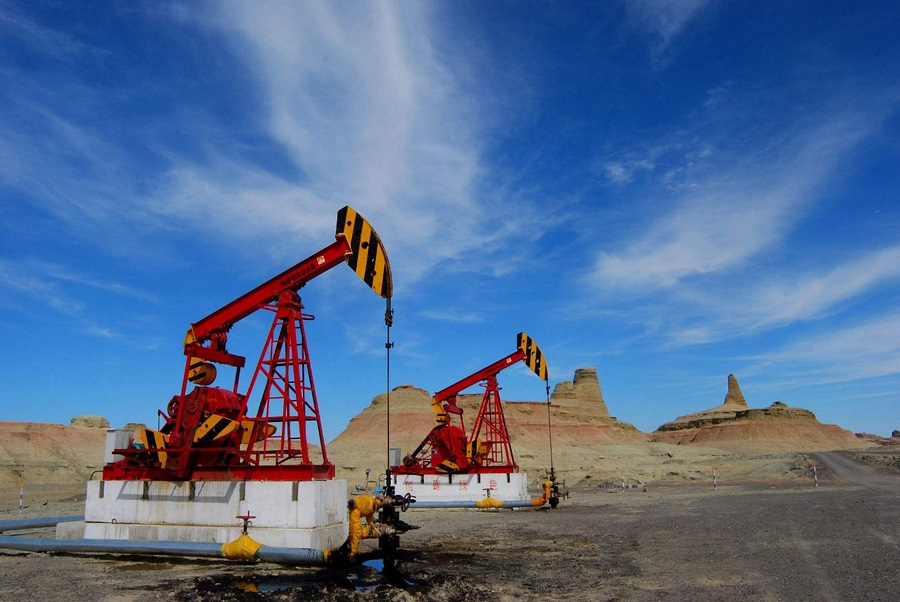

How do advancements in chemical technology impact oil and gas extraction efficiency?
Advancements in chemical technology have significantly enhanced oil and gas extraction efficiency, addressing key industry challenges and optimizing production. Enhanced Oil Recovery (EOR) methods, such as polymer and surfactant flooding, have improved recovery rates by facilitating oil flow towards production wells. Innovations in corrosion inhibitors and nanotechnology coatings have extended infrastructure lifespan and minimized maintenance costs. Improved drilling fluids offer better thermal stability and environmental safety, enabling faster and cleaner drilling operations. Advances in gas hydrate management, through effective inhibitors like low dosage hydrate inhibitors (LDHIs), prevent pipeline blockages, ensuring uninterrupted operations. Developing greener chemicals and safer handling practices has also mitigated environmental impacts and enhanced worker safety. These technological advancements underscore the critical role of chemical innovation in achieving sustainable and efficient oil and gas extraction, pivotal for meeting global energy demands.


Conclusion
Understanding the critical chemicals in oil and gas production is essential for navigating the industry’s future, balancing efficiency with environmental stewardship.


